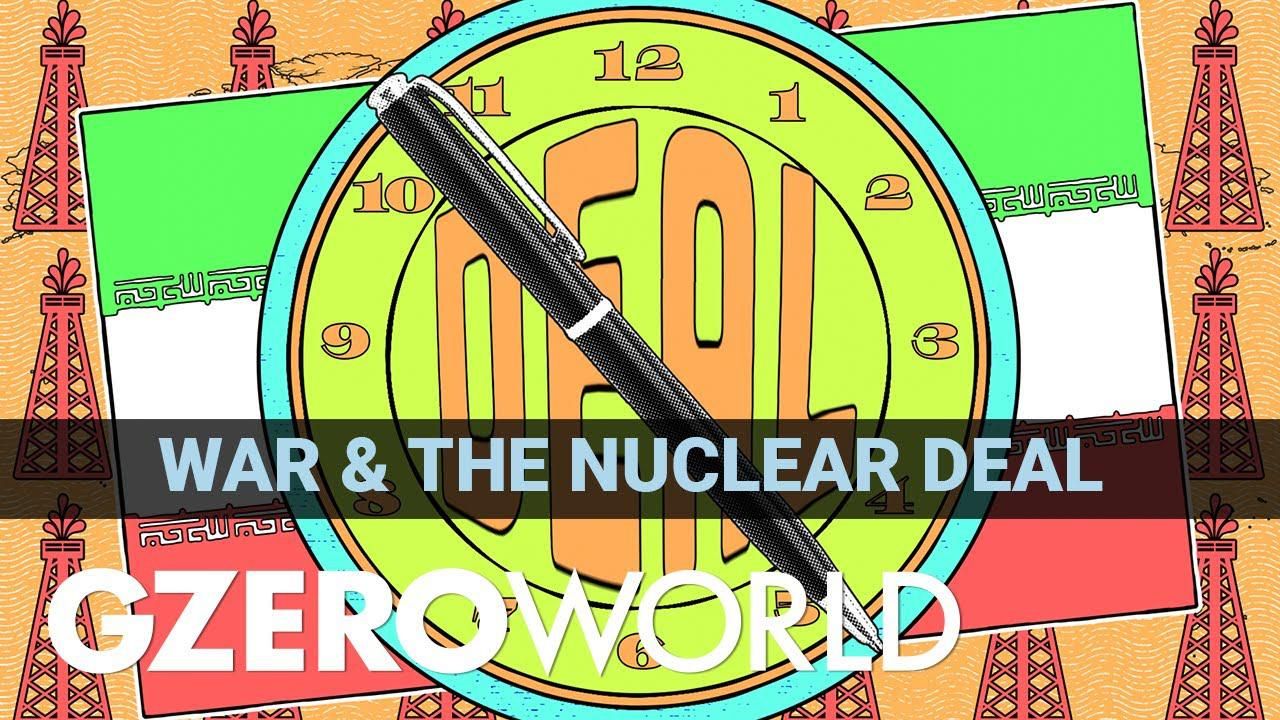
The Iran nuclear deal was enacted in 2015 to stop Tehran from getting the bomb in exchange for economic sanctions relief. At the time it was a big win — especially for the Obama administration.
But not everyone was a fan. Critics say the deal only slowed down the nuclear program, didn’t address Iran's support for Hezbollah, and hardly reset US-Iran ties.
Then, as he promised on the campaign trail, then-US President Donald Trump withdrew from the Iran nuclear deal in 2018.
Since taking office, Biden has made it a priority to revive the agreement. Some progress has been made.
But now, the war in Ukraine is a problem because Russia is at the negotiating table. If the Russians walk away, the deal will be hard to implement politically. Moscow may also use its support for the deal as leverage to lift Western sanctions. And then there's the global oil crisis, which gives the Iranians more bargaining power.
What's more, a new US administration could still withdraw (again) in 2025.
Watch the GZERO World episode: Iran nuclear deal 2.0, or war?